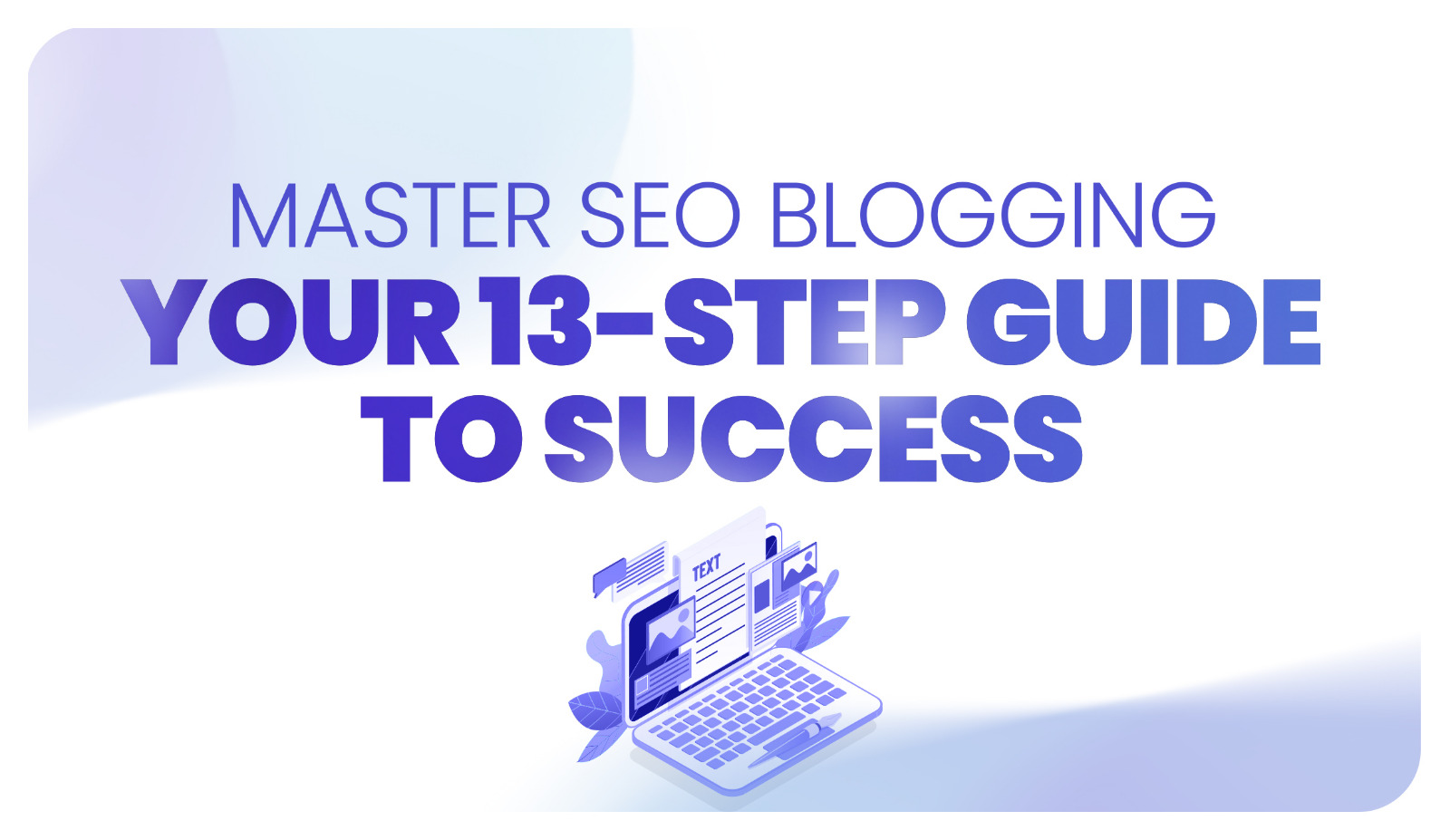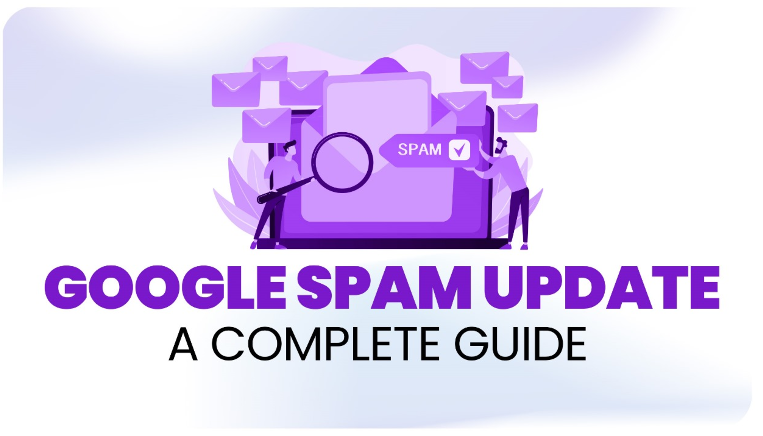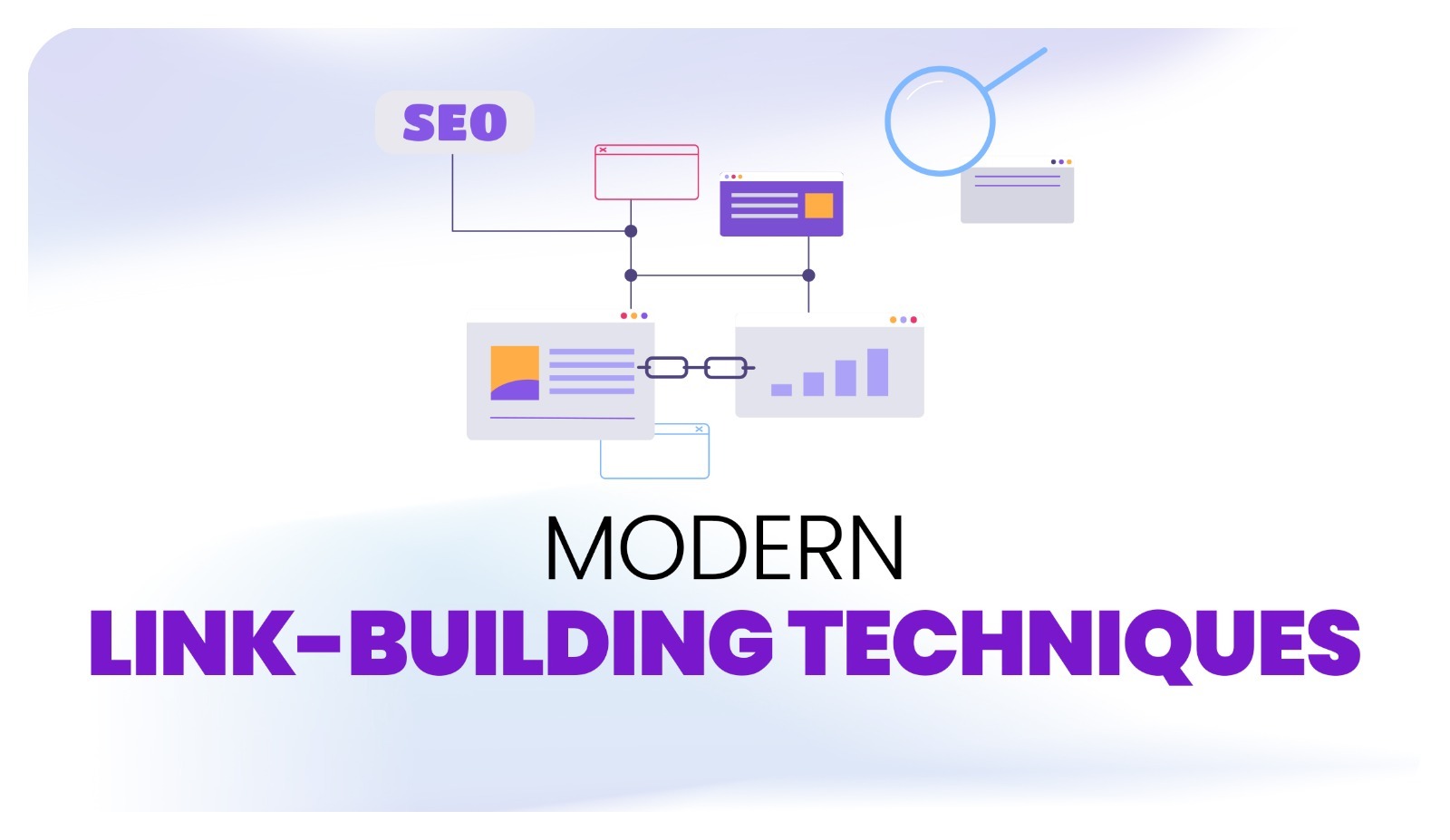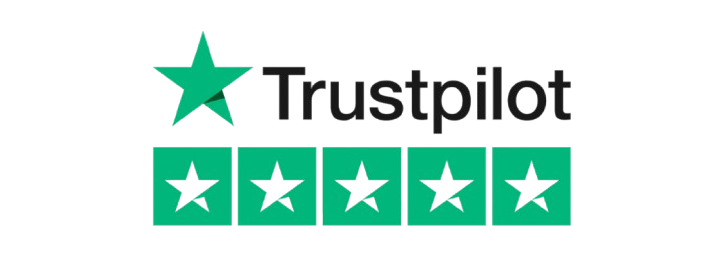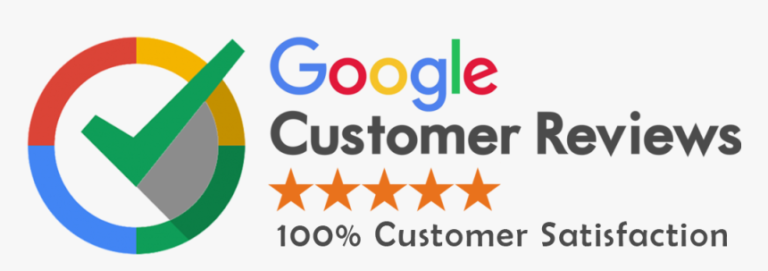Google Search is a complex program containing a set of complex processes that enable it to bring back relevant and top-quality search results. This system gives every website in the world a rank between 0 and 3 billion based on several factors and algorithms that deal with the content of every page, appearance, user-friendliness, and authority.
How Does Google’s Search Algorithm Work?
In essence, Google leverages technology solutions like RankBrain (hypothesis creating and testing), BERT (understanding content based on its context), and core updates to measure content. Both algorithms are about the intent and results, though the matching of the results to the intent is achieved by several layers and signals.
Content Relevance
In point of fact, the relevance of the content is one of the primary factors that determine the rank allocation. Most search engines, including Google, define relevance as the extent to which keywords, phrases, and topics a user puts in a search engine match the content of a particular webpage. It also takes into context certain aspects like if the topic really addresses specifics in implied need from the search.
Content Quality
These include the algorithms like Panda and the Helpful Content Update which have targeted quality content. These updates encourage pages that offer relevant, high-quality information. Satisfied with E-E-A-T (Experience, Expertise, Authoritativeness, and Trustworthiness) ratings indicating an overall good rank by Google that targets the user experiences through reliable and informative content.
User Experience (UX)
UX or User Experience is about making people’s experience pleasant, engaging and purposeful while they interact with a certain product or use a certain service where this happens mostly online. In addition to its aesthetic appeal, UX can only be said to be good if it has incorporated a user’s needs, interface simplicity, and effective interactive systems. With plenty of emphasis on UX, it implies that the business is well placed to increase customer satisfaction, increase the amount of time spent by consumers, and ultimately build customer loyalty, not to mention higher conversion rates and better brand reputation. In the final stage of UX, it becomes more profound, it makes the people feel the matter that they matter and hence the brand.
Backlinks
Backlinks are also one of the critical components of Google’s search algorithm that is a way for other websites to endorse its information, meaning authority. Losing often leads to better rankings because when renowned websites link to a webpage it informs Google that the content is important and worthy, therefore, deserving a better rank. However, not all link connections are of equal value as the link connection from the government web or an industry-leading website is more valuable than a connection to a site of little significance.
Topical Authority
Expertise signifies a website owner’s understanding of a particular subject to boost its position among many others addressing a similar area. Developing content clusters of related articles establishes this authority because the site’s linked articles on diverse subtopics of the main niche illustrate to Google that the site is an authoritative source for specific topics such as product reviews or industry-specific content.
Adapt to Google’s Algorithm Updates
It thus becomes vital for one to be able to resolve to change with the ever-changing Google algorithm for their sites to remain relevant. As Google changes its algorithms almost daily to ensure that the results that are displayed are most accurate and relevant to the user’s search, it is important to ensure that one gets an update on some of the changes that might affect the ranking of the site. This means updating content frequently, making changes for mobile use, catering to user intent, and measuring fast loading speeds to follow Google values. Being more proactive in responding to these updates will not only assist in strengthening a position against competitors but also make the content more interesting and helpful for the audience.
Want to Rank Higher on Google?
To rank well, provide value and create content that is useful, relevant, engaging, and expert content to the users targeted; backlinks and topic clusters; mobile-friendliness, fewer redirects, and fast load times. Tracking down algorithm shifts and trying to adjust your content approaches to fit them is the key to keeping your website in the game.
Conclusion
In conclusion, cracking Google’s algorithm and achieving higher rankings is about implementing smart, consistent, and user-focused strategies. By optimizing your content with relevant keywords, improving site speed, ensuring mobile responsiveness, and securing high-quality backlinks, you can align with Google’s ranking priorities. Additionally, prioritizing user experience, creating valuable content, and staying updated on algorithm changes will keep your site competitive. Success lies in persistence and adapting to the evolving digital landscape. With these easy tips, you’ll be well on your way to boosting your visibility and achieving higher rankings!



